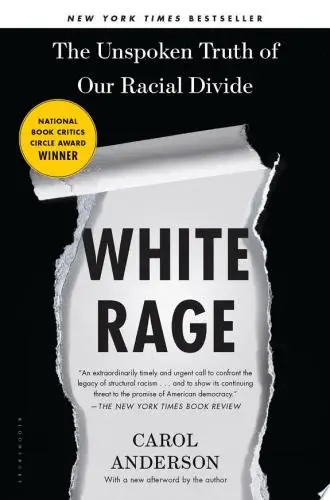White Rage
The Unspoken Truth of Our Racial Divide
What's it about?
White Rage by Carol Anderson explores the historical and systemic forces of racial oppression in the United States. You will learn how white backlash against African American progress manifests through policies and social movements, often under the guise of law and order. Anderson's analysis reveals the interconnectedness of events like Reconstruction, the civil rights movement, and contemporary issues, providing a deeper understanding of racial dynamics. This book invites you to reflect on the persistent inequities that shape society and the importance of acknowledging these patterns for meaningful change.
About the Author
Carol Anderson is a historian and author known for her incisive analysis of racial and social justice issues. Her key works include "White Rage" and "One Person, No Vote," which explore systemic racism and voter suppression. Anderson's writing is characterized by thorough research and a compelling, evidence-based narrative.
30 Key Ideas of White Rage
Understanding Systemic Barriers
Recognizing systemic injustice is the first step in dismantling it within your personal sphere.
Imagine you're on a journey and keep hitting invisible walls; identifying these barriers lets you find new paths around them.
- Historical Consciousness: Acknowledging how deeply systemic racism is embedded in institutions leads to proactive change.
- Economic Impact: Disparities in resources stem from these barriers, perpetuating cycles of poverty and privilege.
- Civic Engagement: Awareness drives individuals to more actively participate in voting and community organization.
Research one local policy issue that exemplifies systemic barriers and find one personal action to advocate for change.
Don't overlook the subtlety of systemic barriers by assuming they're overt; often they are hidden in average policies and practices.
Unpacking Privilege
Recognize and utilize social privilege to amplify marginalized voices instead of overshadowing them.
Like an umbrella, privilege can shield from adversity; but when shared, it can protect others from exposure to inequality.
- Active Allyship: Listening and amplifying the voices of those with less privilege fosters inclusivity.
- Reflective Awareness: Understanding personal bias helps challenge discriminatory practices.
- Bridging Gaps: Leveraging privilege to create pathways for others fosters equity.
Today, start a conversation about privilege with someone close to you, discussing its impact on your lives.
Don't use privilege as a means to speak over others; instead, use it to create platforms where diverse voices can be heard.
Reframing Historical Narratives
Revisit and re-evaluate historical narratives to foster a comprehensive understanding of past injustices.
Consider history as a tapestry; when only one thread is visible, the full picture is missed. Uncovering all threads reveals the truth.
- Comprehensive Education: Acknowledging alternate perspectives offers fuller narratives that can heal divisions.
- Resistance to Erasure: Understanding all aspects of history prevents the forgetting of significant struggles.
- Cultural Empathy: Diverse historical insights foster empathy and reinforce social justice.
Identify and read a book or article that discusses history from a marginalized perspective you hadn't considered before.
Avoid viewing history as a static monolith; it's a vibrant, multifaceted conversation that evolves with understanding.
Deeper knowledge. Personal growth. Unlocked.
Unlock this book's key ideas and 15M+ more. Learn with quick, impactful summaries.
Read Full SummarySign up and read for free!
White Rage Summary: Common Questions
We would recommend White Rage to anyone interested in understanding the deeper roots of racial inequality in America, especially those who want to challenge their perspectives on history and contemporary issues related to race and justice.
Experience Personalized Book Summaries, Today!
Discover a new way to gain knowledge, and save time.
Sign up for our 7-day trial now.
No Credit Card Needed

Similar Books

The White Night of St. Petersburg
Michel (Prince of Greece)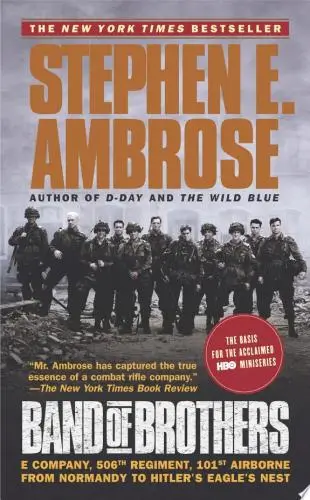
Band of Brothers
Stephen E. Ambrose
Defining Sexism
Elizabeth Hall Magill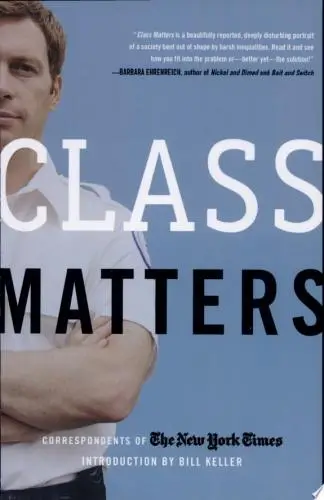
Class Matters
The New York Times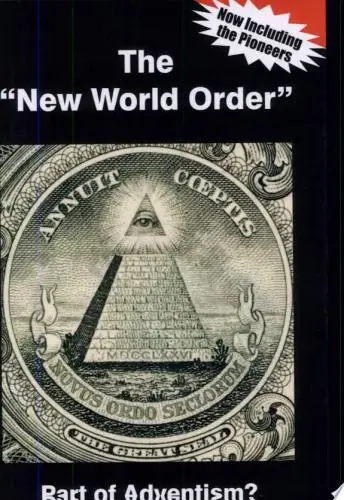
The New World Order
Allen Roesch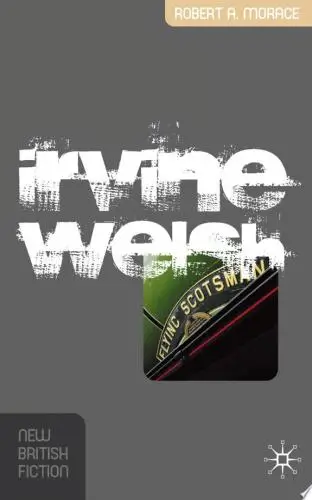
Irvine Welsh
Robert Morace
To Kill a Mockingbird
Harper Lee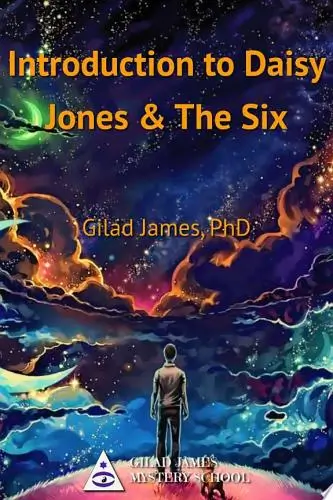
Introduction to Daisy Jones & The Six
Gilad James, PhD
The Papers of Martin Luther King, Jr., Volume I
Martin Luther King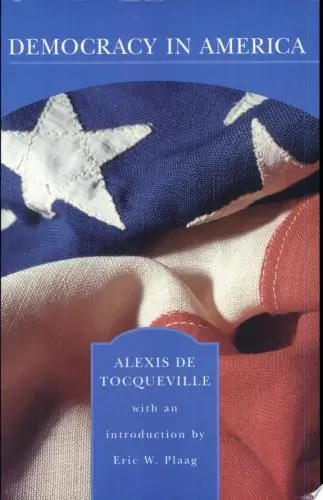
Democracy in America
Alexis de TocquevilleTrending Summaries

Peak
Anders Ericsson
Never Split the Difference
Chris Voss
Smart Brevity
Jim VandeHei
The Psychology of Money
Morgan Housel
The First 90 Days
Michael D. Watkins
Atomic Habits
James Clear
Thinking, Fast and Slow
Daniel Kahneman
The Body Keeps the Score
Bessel van der Kolk M.D.
The Power of Regret
Daniel H. Pink
The Compound Effect
Darren HardyNew Books

Forex Trading QuickStart Guide
Troy Noonan
Comprehensive Casebook of Cognitive Therapy
Frank M. Dattilio
The White Night of St. Petersburg
Michel (Prince of Greece)
Demystifying Climate Models
Andrew Gettelman
The Hobbit
J.R.R. Tolkien
The Decision Book
Mikael Krogerus
The Decision Book: 50 Models for Strategic Thinking
Mikael Krogerus
Fichte
Johann Gottlieb Fichte
Do No Harm
Henry Marsh
